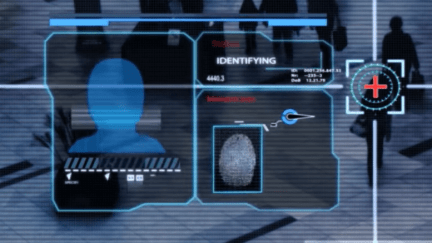Police State: Body Cams To Be Augmented With AI For Real-Time Facial Recognition
February 17, 2017 in News by RBN Staff
via: Technocracy.news | JOSNUA KOPSTEIN
Technocracy demands full-spectrum surveillance in order to scientifically manage all of society and its individual citizens. Apparently, there are no ethical discussions as to the wisdom of allowing this technology to be implemented. Of course, many citizens complain about it, but the ‘developers’ pay no attention. ⁃ TN Editor
The police body camera industry is the latest to jump on the artificial intelligence bandwagon, bringing new powers and privacy concerns to a controversial technology bolstered by the need to hold police accountable after numerous high-profile killings of unarmed black citizens. Now, that tech is about to get smarter.
Last week, Taser, the stun gun company that has recently become an industry leader in body-mounted cameras, announced the creation of its own in-house artificial intelligence division. The new unit will utilize the company’s acquisition of two AI-focused firms: Dextro, a New York-based computer vision startup, and Misfit, another computer vision company previously owned by the watch manufacturer Fossil. Taser says the newly formed division will develop AI-powered tech specifically aimed at law enforcement, using automation and machine learning algorithms to let cops search for people and objects in video footage captured by on-body camera systems.
Moreover, the move suggests that body-worn cameras, which are already being used by police departments in many major cities, could soon become powerful surveillance tools capable of identifying different objects, events, and people encountered by officers on the street — both retroactively and in real time.
The idea is to use machine learning algorithms to streamline the process of combing through and redacting hours of video footage captured by police body cameras. Dextro has trained algorithms to scan video footage for different types of objects, like guns or toilets, as well as recognize events, like a foot chase or traffic stop. The result of all this tagging and classifying is that police will be able use keywords to search through video footage just like they’d search for news articles on Google, allowing them to quickly redact footage and zoom in on the relevant elements. Taser predicts that in a year’s time, their automation technology will reduce the total amount of time needed to redact faces from one hour of video footage from eight to 1.5 hours.
Searchable video will also have major implications for civilian privacy, especially since there are no federal laws preventing police from trawling through databases to track people en masse.













